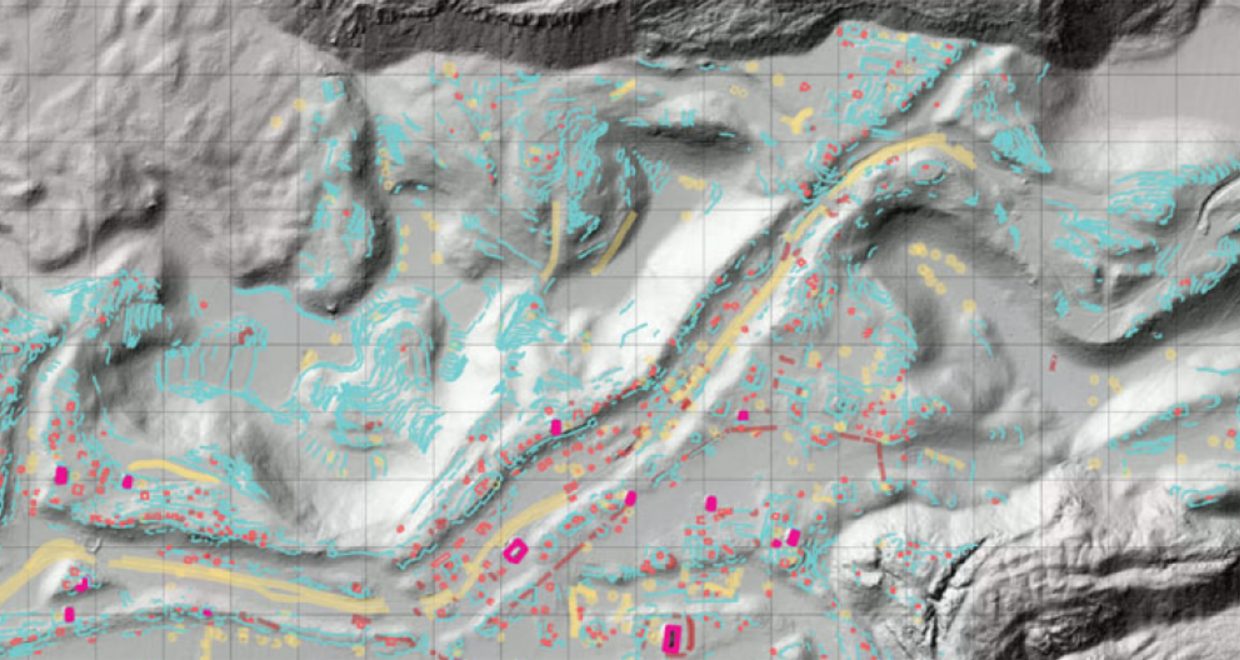Practicing Remote Science
COVID-19 related travel restrictions and social distancing protocols have precluded many archaeological field projects in the past six months. And while conferences and meetings can be taken to the virtual realm, the challenges facing those of us whose work is founded on field-based research are becoming readily apparent. While we await the green light to return to our research locations, we must grapple with the possibility that pre-pandemic normality may be a long way off.
In the interim, there are many viable ways in which we can pivot our research projects to continue pushing scientific inquiry forward. Various models of ‘remote science’ have been proposed in the past months that call for a reformulation of the structure, target data, and funding of research frameworks (Scerri et al. 2020; Wood et al. 2020). Foremost in these proposals is the need for deeper consideration and more thoughtful protocol concerning the ethicality of the research we conduct, people we employ, and practices we teach. Additionally, there is a growing demand for method development over discovery-driven science, for technological solutions that allow remote modeling and cooperative capture of in-situ data, as well as for the remote training of local collaborators and students. Further, not only does this situation call for more widespread standardization of laboratory and archival procedures across regions, it also presents an opportunity for researchers to make greater use–and conduct more nuanced analyses–of existing collections and archives that are often overlooked in favor of generating “new” data from field-based research.
We have collated here a list of past Advances in Archaeological Practice articles that address one or more of these issues. Topics include novel ways to approach collections-based and archival research; developing more collaboratively-based research design, implementation, interpretation, and communication; expanding outreach and educational opportunities for both local, regional, and global constituents; designing more nimble and accessible technologies; and promoting Open Science initiatives through open and accessible data repositories, increased communication, and inclusion of diverse perspectives.
Archaeology is at a critical juncture in regard to field-based research. Current circumstances present an opportunity for archaeologists to step outside of their research comfort zones to incorporate new strategies, theoretical frameworks, instruments, methods, and collaborations.
Marieka Brouwer Burg – an assistant professor in the Department of Anthropology at the University of Vermont – had planned to spend May and June of 2020 in Crooked Tree Village, Belize, continuing a pilot project centered on investigating Late Archaic adaptations to a dynamic wetland ecosystem. Instead, working from home allowed her time to develop a new paleoenvironmental reconstruction of the landscape around Crooked Tree Island, which will help her target and refine future field-based investigations.
Additionally, as a long-time research associate on the Belize River East Archaeology Project and former lab director, Marieka was excited to finally find an opportunity to deep dive into ten years-worth of digital artifact and spatial datasets. She is looking forward to bringing new insights to light from these under-utilized datasets as she pivots to incorporate more creative solutions to pushing scientific inquiry forward in pandemic times. Finally, she is grateful that pandemic travel restrictions allowed her many more in-person lunches with her three-year-old archaeologist in training.





